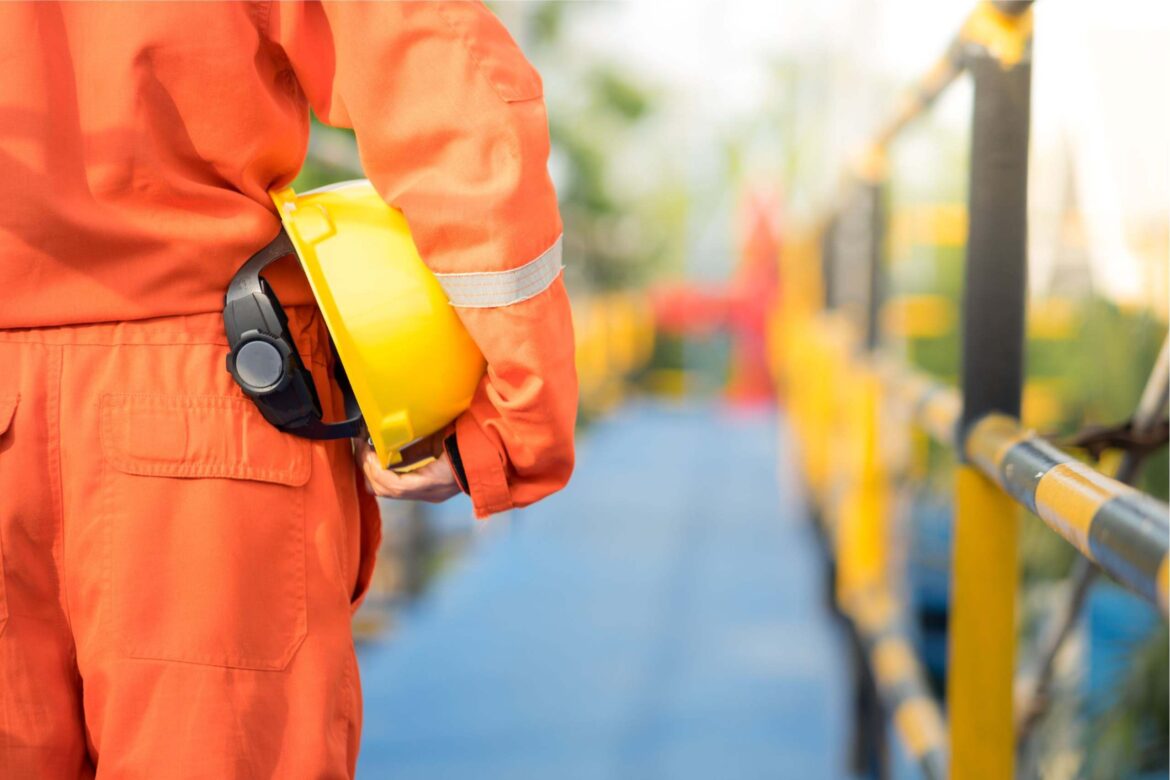
Why workplace safety?
Workplace health and safety is crucial for the well-being of employees. It ensures a safe and healthy environment, preventing injuries, illnesses, and fatalities. Prioritising health and safety boosts employee morale and productivity, reducing absenteeism and turnover. A strong safety culture also minimises legal risks and costs associated with accidents. Ultimately, it fosters a positive and sustainable work environment for everyone.
Apex Environmental offers various training courses to help foster a good safety-first culture in the works place such as the BOHS training, which assist Health and Safety personnel’s in obtaining in depth knowledge in Occupational Hygiene, Asbestos training creates awareness and empowers employees with safe asbestos removal practices.
Occupational health training is vital for a strong work culture. These trainings equip employees with the knowledge and skills to identify and manage workplace hazards, promoting a safer environment. This proactive approach reduces risks, fostering employee confidence and well-being. A well-trained workforce also demonstrates a company’s commitment to safety, boosting morale and trust. Ultimately, these training initiatives contribute to a culture of prevention and responsibility, where everyone plays a role in maintaining a healthy and secure workplace.
A good health and safety culture in the workplace offers numerous benefits:
- Reduced accidents and injuries: Fewer incidents mean less pain and suffering for employees, and less disruption and cost for the business.
- Improved productivity: A safe and healthy workplace boosts employee morale and reduces absenteeism, leading to increased efficiency and output.
- Enhanced reputation: A company with a strong safety record is seen as responsible and caring, attracting better employees and customers.
- Lower costs: Investing in safety upfront can save money in the long run by reducing insurance premiums, legal fees, and lost productivity due to accidents.
- Increased employee engagement: When workers feel safe and valued, they are more likely to be motivated and committed to their jobs.
- Better compliance: A strong safety culture helps ensure the company meets all legal requirements, avoiding fines and penalties.
- Greater sustainability: A healthy and safe workplace contributes to a more sustainable business by protecting its most valuable asset: its people.
Regular safety training is crucial for building a robust safety culture. It reinforces best practices, adapts to evolving workplace conditions, and empowers employees to proactively identify hazards. This commitment to training demonstrates a company’s value for employee well-being, fostering a culture of prevention and shared responsibility. Ultimately, regular training is the cornerstone of a safe and healthy work environment.








